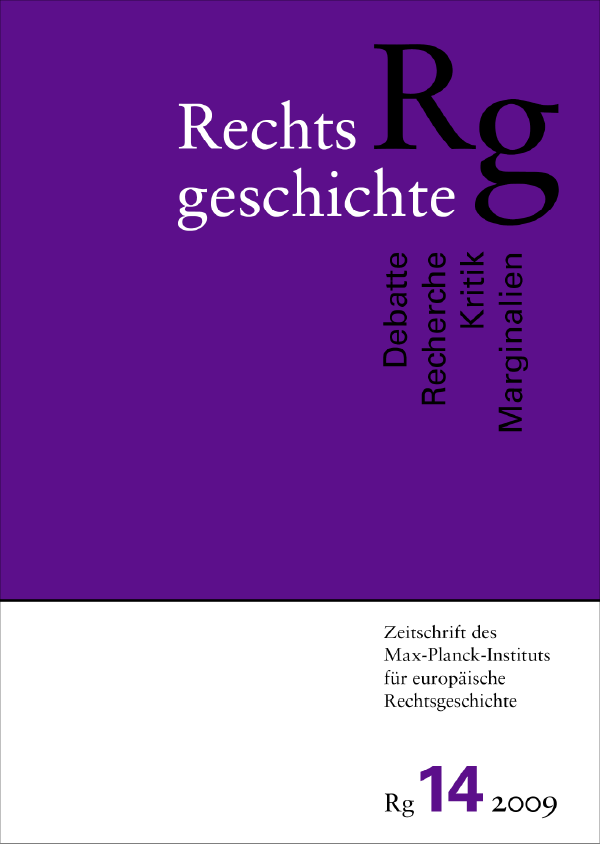Lernen von Nürnberg
Die Relevanz des Nürnberger Hauptkriegsverbrecherprozesses für das moderne Völkerstrafrecht
DOI:
https://doi.org/10.12946/rg14/148-167Abstract
The significance of the trial against the major Nazi war criminals before the International Military Tribunal (IMT) at Nuremberg can be shown in four different ways: (1) impunity for heads of state and other members of the military or political elite of a state does not apply to a set of core international crimes. (2) There exist a number of crimes which are universally accepted as international crimes, which are aggression, war crimes and crimes against humanity. The crime of genocide was added to the list of these Nuremberg-crimes by the so-called genocide convention of 1948. (3) The attribution of guilt follows a set of general principles of criminal law as e. g. the mens rea-principle. In general »superior order« cannot operate as an excuse; similarly a military or political commander can be held responsible for the conduct of his subordinate. A rather difficult and contested issue is the attribution of guilt by means of »conspiracy« as was foreseen in the Charter of the IMT. Modern international criminal law follows a similar concept, which is called »joint criminal enterprise«, as is found in the jurisprudence of the International Criminal Tribunal for the former Yugoslavia. The crucial issue in attributing guilt thereby lies in the »common plan«, whereas the actual conduct is of minor relevance. (4) Finally, the Nuremberg proceedings have shown that in principle a criminal trial must be fair and must adhere to the presumption of innocence.
However, it is difficult to prove whether a criminal trial can add to reconciliation and to preventing future crimes. Although it is fair to say that Nuremberg was the beginning of a prosperous time for Europe, criminal prosecution is not always an adequate way to help societies in transition.
Downloads
Veröffentlicht
Zitationsvorschlag
Ausgabe
Rubrik
Lizenz
Copyright (c) 2009 Autor/in

Dieses Werk steht unter einer Creative Commons Namensnennung - Nicht-kommerziell - Keine Bearbeitung 3.0 International -Lizenz.





